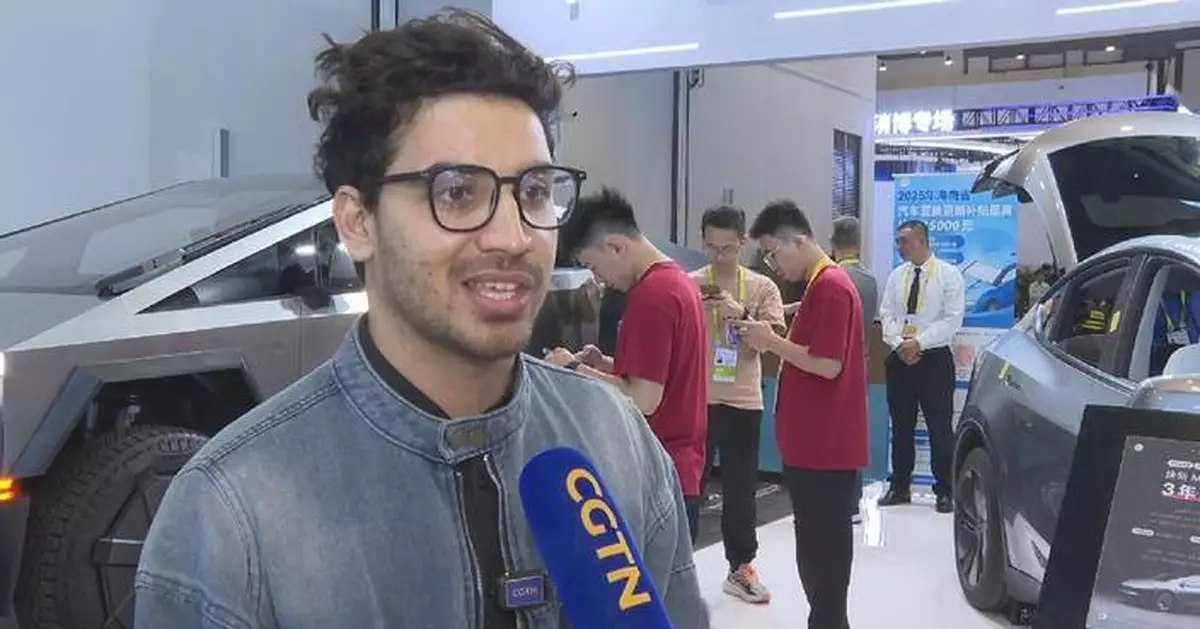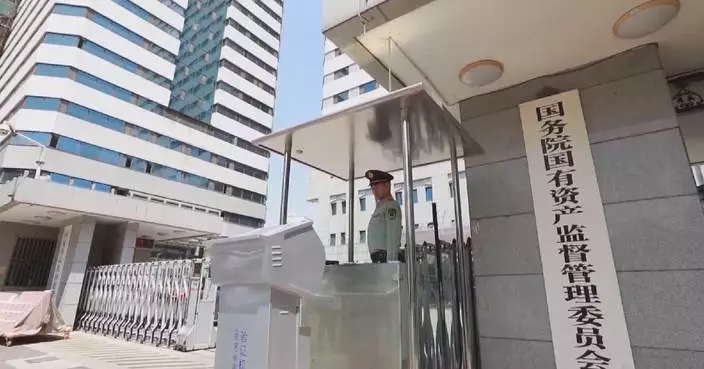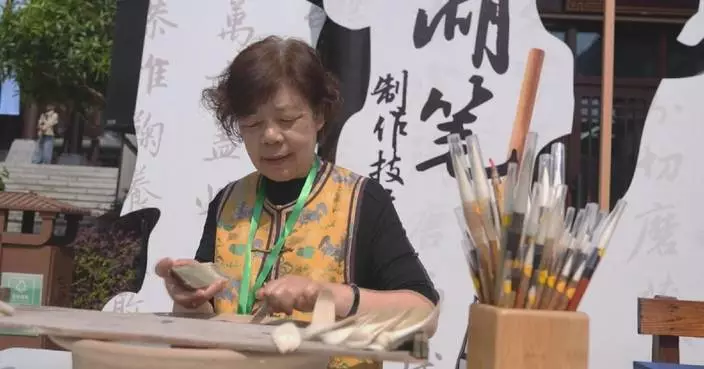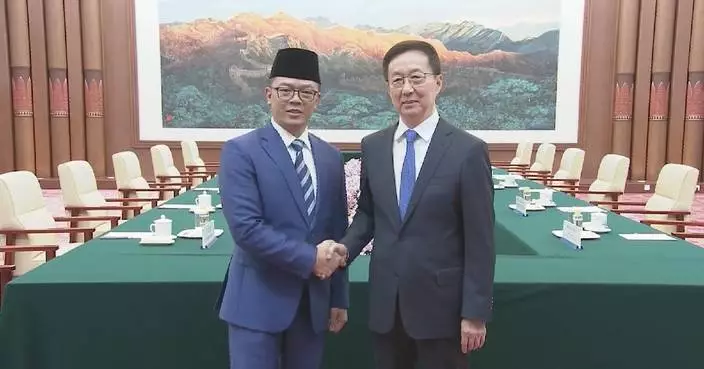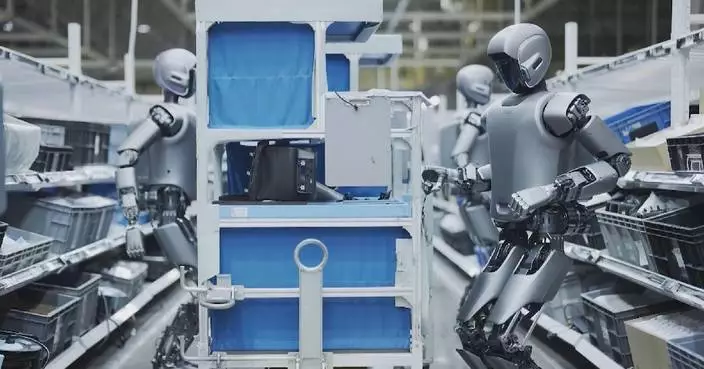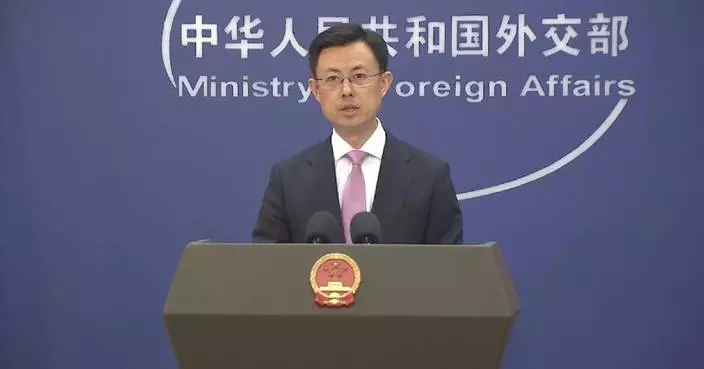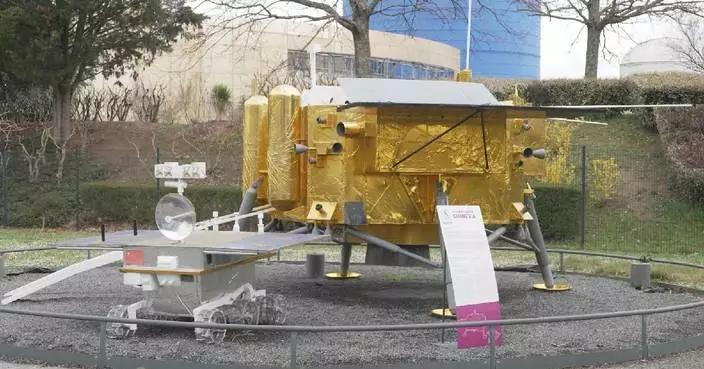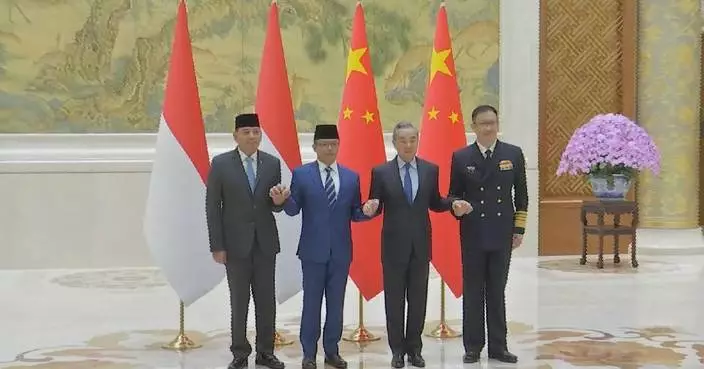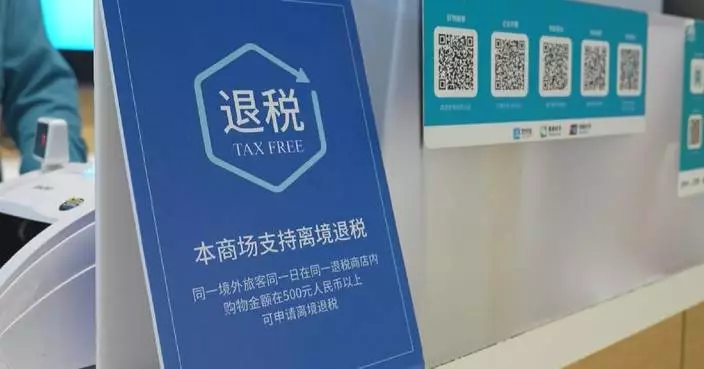At the 5th China International Consumer Products Expo (CICPE) ongoing in south China's tropical island province of Hainan, global automakers are eying a share of China's booming electric vehicle market. Among them, Audi and Tesla reveal how localization and policy perks like Hainan's free trade port are driving their strategies.
Audi, a 37-year veteran in China, has unveiled a 600-kilometer-range EV armed with Huawei's smart-driving tech.
"Audi has a strong foothold in China with over 600 dealerships. The Q6L e-tron we're showcasing marks our shift from fuel-powered cars to EVs, tailored for China's market," said Zhou Yuxian, a senior sales consultant with Audi.
While Audi leans on decades of brand loyalty, Tesla thrives on fast delivery and the promises of tariff-free Model Ys.
"We've come here to see the new Model Y today. The seat is more comfortable than before and the sales [salespersons] tell us we can get this car in two or four weeks, which is important for us," said a visitor.
"Tesla Model Y cars are available in China and the prices are more stable, and it's very convenient to buy the Model Y cars in China and don't impact the tariffs [the tariffs don't impact the car sales]," said Pakistani visitor Usman Muhammad. The real game-changer is the rapidly developing Hainan Free Trade Port, which is expected to establish independent customs operations by the end of 2025. Tariff cuts and streamlined imports could supercharge foreign automakers.
For many global automakers, operation of the free trade port is not just a policy, but a playground for them to test faster and smarter strategies.
The 5th CICPE runs from April 13 to 18. As China's only national-level exhibition focused on consumer goods, this year's edition emphasizes innovation and global collaboration. The expo has drawn the participation of over 4,100 brands from over 70 countries and regions.
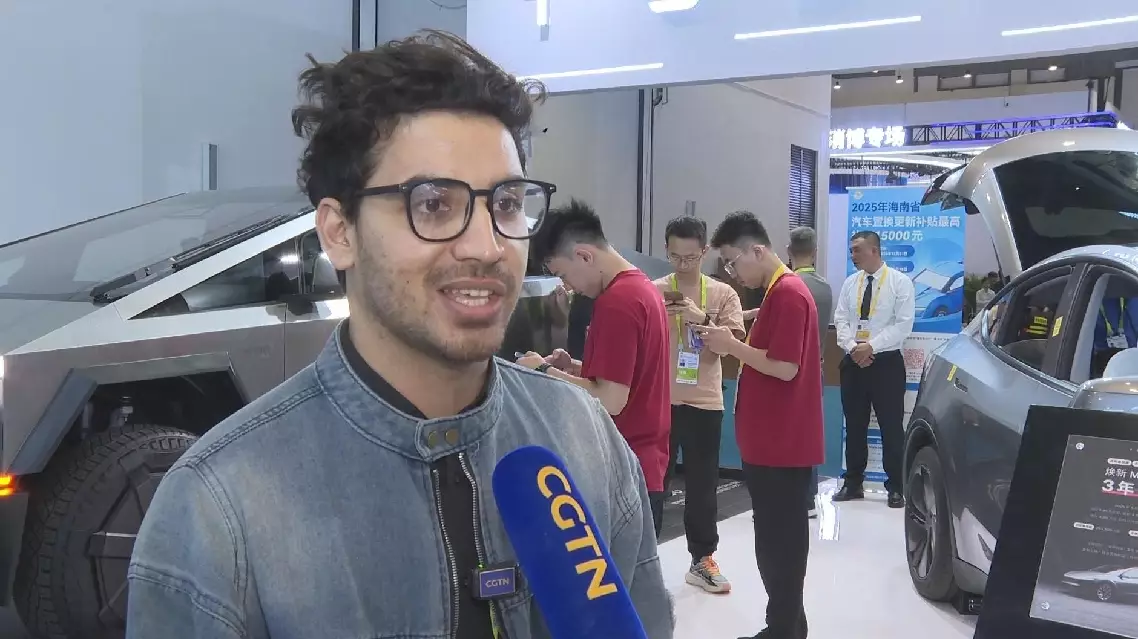
International automakers eye China's booming electric vehicle market


